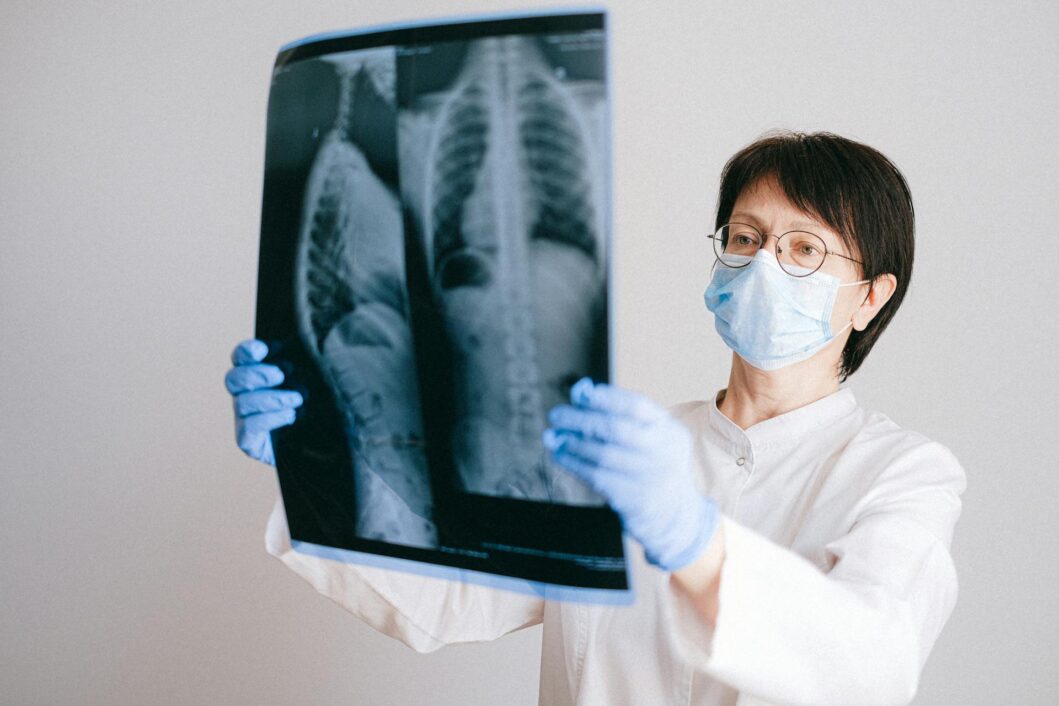Choosing a career in the medical field is more than selecting a profession—it’s committing to a life of service, growth, and impact. Whether you dream of becoming a physician, nurse, pharmacist, or medical researcher, this path offers the chance to make a real difference in people’s lives while challenging yourself intellectually and personally.
1. Understanding the Scope of Opportunities
The medical field is vast, with roles that go far beyond traditional doctors and surgeons. Aspiring professionals can explore careers in nursing, physical therapy, laboratory sciences, public health, medical technology, and healthcare administration. Each specialty demands unique skills and offers different environments, from hospitals and clinics to research institutions and community health programs. Identifying which area aligns with your interests and strengths is the first step toward a fulfilling career.
2. Educational Commitment and Training
A career in healthcare requires a solid educational foundation and, often, years of rigorous training. Physicians typically complete a bachelor’s degree, medical school, and residency programs, while nurses may follow diploma, associate, or bachelor’s degree pathways before earning their licenses. Allied health professionals, such as radiologic technologists or physician assistants, also need specialized certifications and clinical experience. Understanding the academic requirements early helps you plan effectively and remain motivated through demanding coursework.
3. Developing Essential Skills
Beyond technical knowledge, the medical profession calls for compassion, critical thinking, and resilience. Strong communication skills are essential for explaining diagnoses, easing patient concerns, and collaborating with multidisciplinary teams. Equally important is emotional stamina—healthcare workers regularly encounter high-pressure situations and must remain calm while making critical decisions.
4. Gaining Practical Experience
Hands-on exposure is invaluable. Volunteering at hospitals, shadowing professionals, or working in community health clinics provides insight into daily responsibilities and patient interactions. Such experiences not only confirm your interest but also strengthen applications for competitive programs and residencies.
5. Embracing Lifelong Learning
Medicine evolves rapidly with new technologies and research discoveries. Continuing education, attending conferences, and staying updated with the latest medical advancements ensure that healthcare professionals remain effective and innovative throughout their careers.
Final Thoughts
Pursuing a career in the medical field is challenging but profoundly rewarding. It demands dedication, empathy, and a passion for helping others. By understanding the diverse opportunities, committing to education, and cultivating essential skills, you can embark on a career that transforms both your life and the lives of those you serve.

